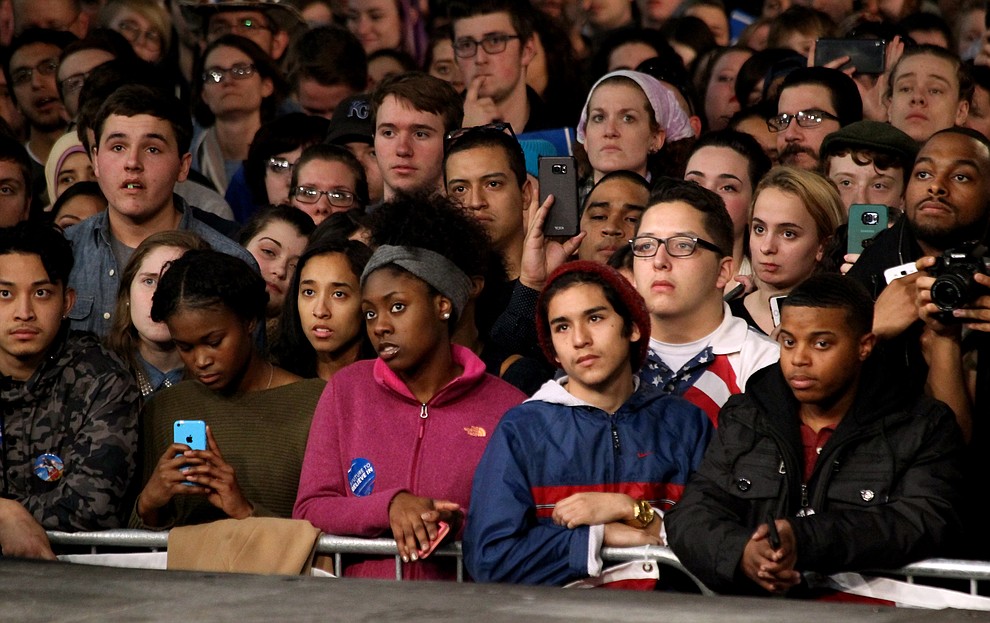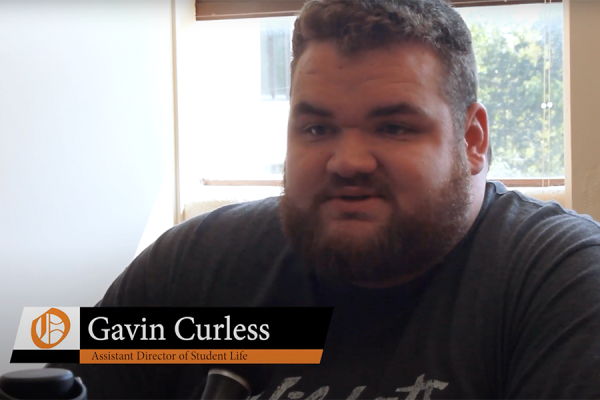Editorial: the debate over free college
Many countries around the world offer a free college education. In places like China, France, Germany and Brazil, students are able to attend college without the burden of lifelong debt that students in America face. The idea of being free from debt straight out of life’s gate sounds perfect, but is free college really too good to be true?
As students, we understand that the possibility of free higher education in America would be a dramatic change and would require a major re-evaluation of state and federal finances. Even so, shouldn’t we become a larger part of the conversation?
There’s no question that when it comes to the effects financing has on American students, things look fairly bleak, and the debt that accrues is a detriment to students’ futures. Search social media sites, such as Facebook, and anyone can see countless memes regarding the chains of debt college education shackles students with.
During Bernie Sanders’ recent campaign rally in Kansas City, he asked those in the crowd if they had any student debt. The question created an uproar. Many people voiced their opinions by yelling and waving their hands.
“In America, people should not be punished for getting a higher education,” Sanders said.
Sanders believes that the way to accomplish this is to tax the “Wall Street speculation.” He said the federal government bailed out the Wall Street banks around 2008, nearly crashing the economy. He thinks that it is the large banks’ time to pay for what they have done.
Should our government follow Sanders’ suggestion? There are several potential benefits to free higher education. Every citizen might have an opportunity for a higher-paying job, people would have more money to spend and, theoretically, the economy would see a boost. Everyone would supposedly have the same opportunity at achieving success, the American dream of a white picket fence and 2.5 children. Still not sounding too good to be true?
While we’re all for change, there is obviously a reason our government hasn’t already toppled the status quo, and we argue that one major obstacle is capitalism. The more expensive the school, the higher the prestige, and the more that education is worth, literally and in the eyes of employers. Even here at Baker, we pride ourselves in knowing there’s a reason we pay what we do for our education. We take pride in knowing that Baker graduates go higher.
So what would have to change? There would have to be more cooperation between the government and schools. Private education would have to become an entirely different animal, or every school would, in a way, be private.
But, there’s another problem many college students fail to recognize. In countries like France, where higher education is free, achieving the high academic standards necessary for higher education is difficult. In America, if our ideology toward education remains the same, it will be next to impossible for students to get into colleges worth anything, as students would have to earn a place in prestigious schools by doing well during their younger scholastic years.
If you look at today’s young Americans, many consider school to be at the bottom of their everyday priority list. We fear that if the status quo is changed too quickly, it could actually result in fewer students at the college level, and isn’t that counterproductive?
There are certainly pros and cons to free higher education, but we find that a solution, or a compromise, could be possible if only the question took more precedence in today’s political world.
Though a resolution may be years away, we believe more colleges and students should be taking a stand on the issue, whether they agree or not with Bernie Sanders’ notion that we could actually make it work in a capitalist society.







